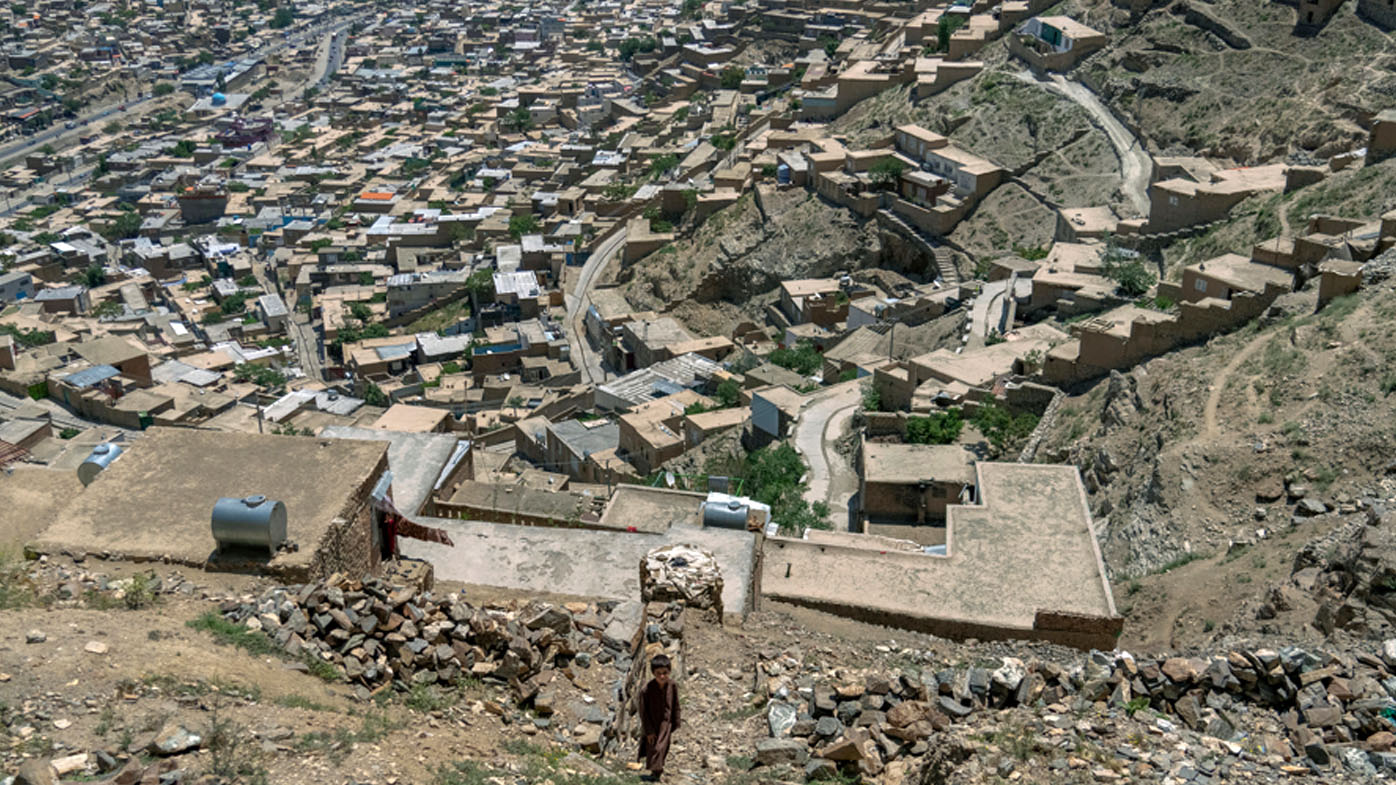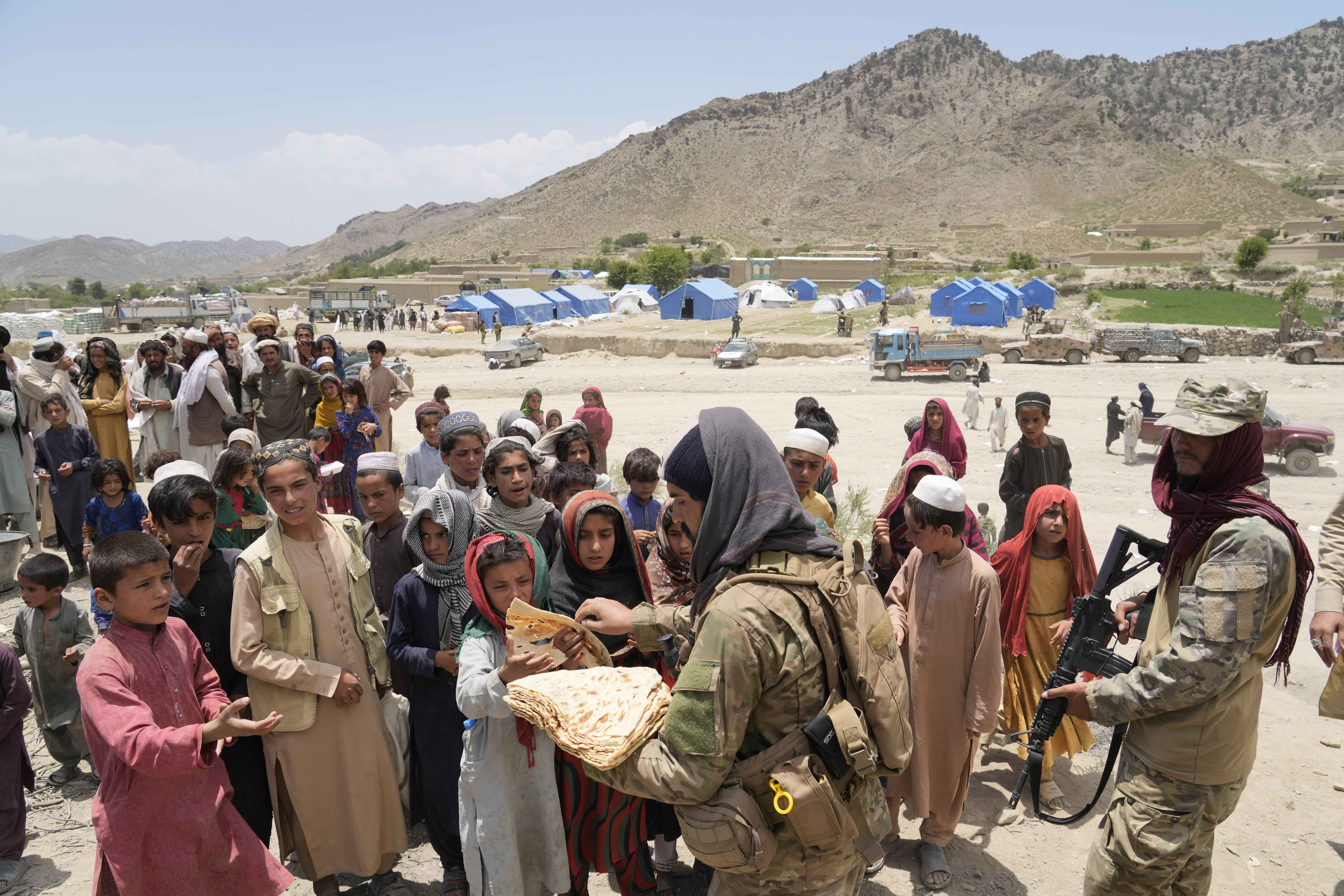A bombing at a mosque in the Afghanistan capital of Kabul during evening prayers has killed at least 10 people, including a prominent cleric, an eyewitness and police said.
There was no immediate claim of responsibility for the attack, the latest to strike the country in the year since the Taliban seized power.
The Islamic State group's local affiliate has stepped up attacks targeting the Taliban and civilians since the former insurgents' takeover last August as US and NATO troops were in the final stages of their withdrawal from the country.
Last week, the IS claimed responsibility for killing a prominent Taliban cleric at his religious centre in Kabul.
READ MORE: UK man in court over alleged threat to 'kill the Queen' with crossbow

According to the eyewitness, a resident of the city's Kher Khanna neighbourhood where the Siddiquiya Mosque was targeted, the explosion on Wednesday (Thursday AEST) was carried out by a suicide bomber.
The slain cleric was Mullah Amir Mohammad Kabuli, the eyewitness said, speaking on condition of anonymity because he was not authorised to talk to the media.
He added that more than 30 other people were wounded. The Italian Emergency hospital in Kabul said that at least 27 wounded civilians, including five children, were brought there from the site of the bomb blast.
But a Taliban official has told the Reuters news agency that at least 35 people may have died.
READ MORE: Afghan food crisis poses dilemma for the West one year after Taliban takeover

Khalid Zadran, the Taliban-appointed spokesman for the Kabul police chief, confirmed an explosion inside a mosque in northern Kabul but would not provide a casualty toll or a breakdown of the dead and wounded.
Taliban spokesman Zabihullah Mujahid also condemned the explosion and vowed that the "perpetrators of such crimes will soon be brought to justice and will be punished."
A US-led invasion toppled the previous Taliban government, which had hosted al-Qaida leader Osama bin Laden in Afghanistan, following the Sept. 11, 2001 terrorist attacks in the United States.
Since regaining power, the former insurgents have faced a crippling economic crisis as the international community, which does not recognise the Taliban government, froze funding to the country.
